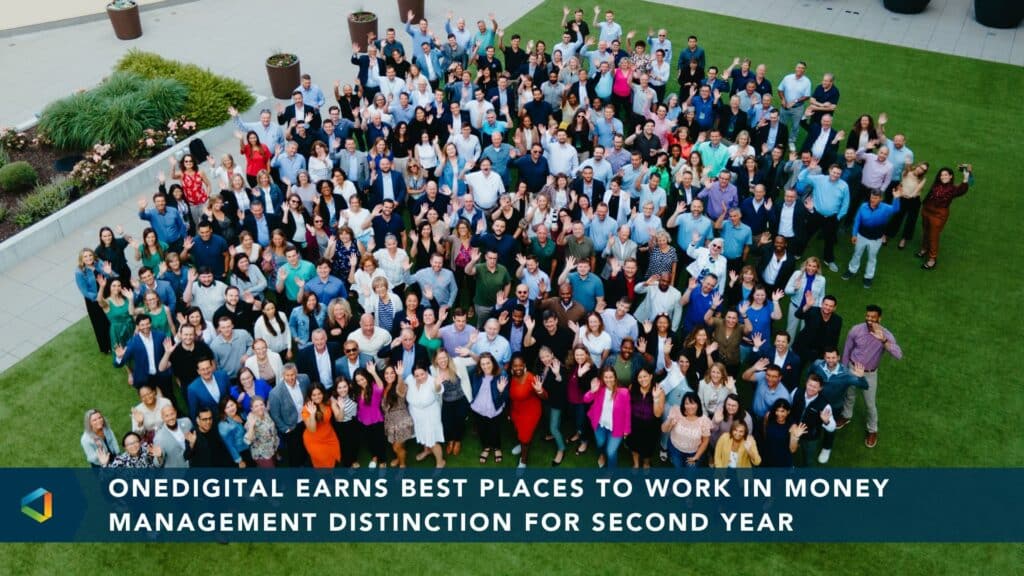Better Benefits, No Headaches
Profitability vs Social Responsibility: Understanding Socially Responsible Investments
Profitability vs Social Responsibility: Understanding Socially Responsible Investments
All of us are contending with a world undergoing change – social change, climate change, change via technology and so forth.
As individuals with investments, we all have an eye on increasing the value of our investments. However, many have also wondered if these investments could have an impact beyond our enrichment. Can we “vote with our wallet” and use these investment assets to encourage positive outcomes? In response to this demand, socially responsible investments were created and have become popular choices for individuals and institutional portfolios, like your employer’s 401(k) plan.
Socially responsible investing (SRI) is the practice of investing in companies that promote social good while avoiding those companies that promote social ills.
Socially Responsible Investing and ESG factors
So, what is a “social good?” That depends on which criteria you use. The most applied standards follow environmental, social, and governance factors (ESG).
- Environmental factors are straightforward: avoid companies that pollute the environment and promote companies that seek to limit negative environmental impact.
- Social factors consider the company's relationships with people, including its labor force, customers, and community.
- Governance factors depend on the company’s leadership attributes, including management oversight, conflicts of interest, transparency for stockholders, collusion with competitors, and adherence to the letter and spirit of the law.
ESG factors are not the only factors used to evaluate companies. However, using ESG factors for SRI investing has become so common that SRI and ESG investing are often used interchangeably.
The Increased Popularity of SRIs
A generation ago, socially responsible investing was much less common, but it has grown rapidly in the past few decades. According to a Morgan Stanley survey from 2019, 85% of individual investors are interested in sustainable investing. According to the 2020 US SIF Foundation’s report on US Sustainability and Impact Investing Trends, one out of every three dollars under professional management in the US was invested according to SRI principles.
Social Investing Doesn’t Have to Compromise Performance
Until recently, socially responsible investing was considered a compromise. By investing in an SRI you can promote social good, but, are you leaving money on the table by avoiding potentially profitable businesses? Until recently, it was believed that a company willing to compromise on some social responsibility factors might generate more profit in the short term. The recent performance of socially responsible companies is causing investors to rethink this notion. Adherence to SRI strategies no longer appears to be an excessive handicap to performance. The long-term success of companies with beneficial business practices needs to be considered. A recent study in 2020 by Arabesque Partners found that 80% of studies demonstrate that following effective sustainability practices have a positive influence on investment performance. Therefore, investing in SRIs purely based on the performance may now be a viable strategy.
What’s Next?
There are opportunities to promote social good alongside prudent investing, either as an individual investor or as a decision-maker for your institutional assets. But what options are best for you? What products most align with your financial and social goals? Reach out to your consultant today so that we can discuss it with you.
Want to learn about another emerging investment opportunity? Check out his recent feature: Why You Should Be Cautious About Cryptocurrency as an Alternative Investment Option.
Investment advice offered through OneDigital Investment Advisors, an SEC-registered investment adviser and wholly owned subsidiary of OneDigital.




